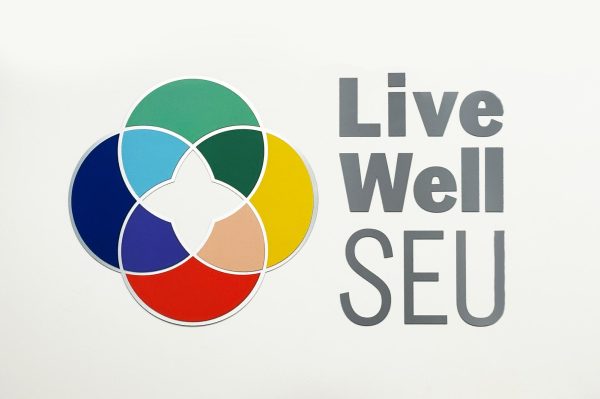COMMENTARY: Olympics should listen to Michael Phelps’ anti-doping stance
Michael Phelps, the most decorated Olympian in history, testified in front of the U.S. Congress about the importance of the rules surrounding doping in professional sports.
On March 1, he expressed his confidence in his American colleagues’ to compete drug free, mentioning his firsthand experience with the extensive drug testing U.S. athletes undergo.
Phelps was astonished to learn almost 2,000 athletes that competed in high-risk sports at the Rio Olympics were not at all tested for drug usage at any point leading up to the 2016 games.
He communicated the frustration he continuously felt during competitions knowing that he had to work harder than his non-U.S. opponents that were using steroids. He made it clear that it is sometimes impossible to compete against somebody who has unnatural abilities.
Phelps said the usage of illegal performance-enhancing drugs is “crushing sports for our youth and everybody else in the world.”
Now retired, Phelps is weighing in on the anti-doping movement.
Considering his accomplishments, Phelps has the star status to impact athletes and officials who implement international drug-testing systems, and could possibly persuade more intense drug-testing systems to be put in place for the Olympics.
He believes the Olympics needs to take steroid usage more seriously. Phelps expressed his sadness “that in sports today we have people who are testing positive not only once but twice, and still having the opportunity to swim at these Games.”
Athletes see their peers getting away with using these drugs that are helping them become faster, stronger, more powerful athletes, so they think they can use them too, free of consequences.
Except there are consequences. Earlier this year, Jamaican sprinter Usain Bolt lost one of his nine gold medals after his relay members tested positive for a banned substance.
Phelps, along with Travis Tygart, the chief executive officer for the U.S. Anti-doping Agency, advocated for independent drug testing, claiming that as long as the Independent Olympic Committee has the final say in the drug-testing regulations, leniency will continue to be a problem.
Since the IOC continuously feel pressured to provide exciting competition with participation from many countries, they will not implement a drug testing system that will force all countries to only enter clean competitors into the Games.
Phelps and like-minded advocates have a long road ahead of them, but if they continue to spread their views on more strict anti-drug testing, they will be able to make noticeable changes in the near future.
It is likely Congress may decide to forgo pressuring the IOC to create changes in their policies in exchange for the opportunity for the United States to host the 2024 Olympics.






